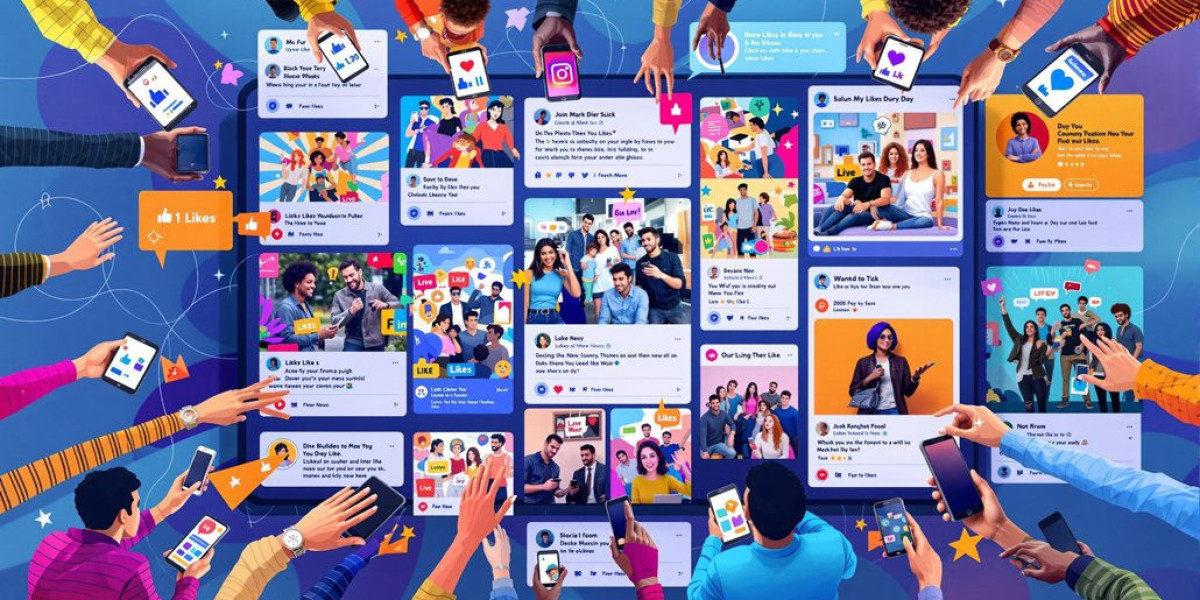Lower-cost AI tools might improve jobs by giving more employees access to the innovation.
- Companies like DeepSeek are developing inexpensive AI that could assist some workers get more done.
- There could still be dangers to employees if companies turn to bots for easy-to-automate jobs.
Cut-rate AI might be shaking up industry giants, however it's not likely to take your task - at least not yet.
Lower-cost approaches to establishing and training expert system tools, from upstarts like China's DeepSeek to heavyweights like OpenAI, will likely permit more people to lock onto AI's performance superpowers, industry observers told Business Insider.
For numerous employees worried that robotics will take their jobs, that's a welcome development. One frightening possibility has actually been that discount AI would make it easier for employers to switch in inexpensive bots for pricey people.
Naturally, that could still happen. Eventually, the innovation will likely muscle aside some entry-level workers or those whose roles mostly include repetitive tasks that are easy to automate.
Even greater up the food chain, staff aren't always free from AI's reach. Salesforce CEO Marc Benioff said this month the company might not hire any software application engineers in 2025 since the company is having a lot luck with AI agents.

Yet, broadly, for numerous employees, lower-cost AI is most likely to expand who can access it.
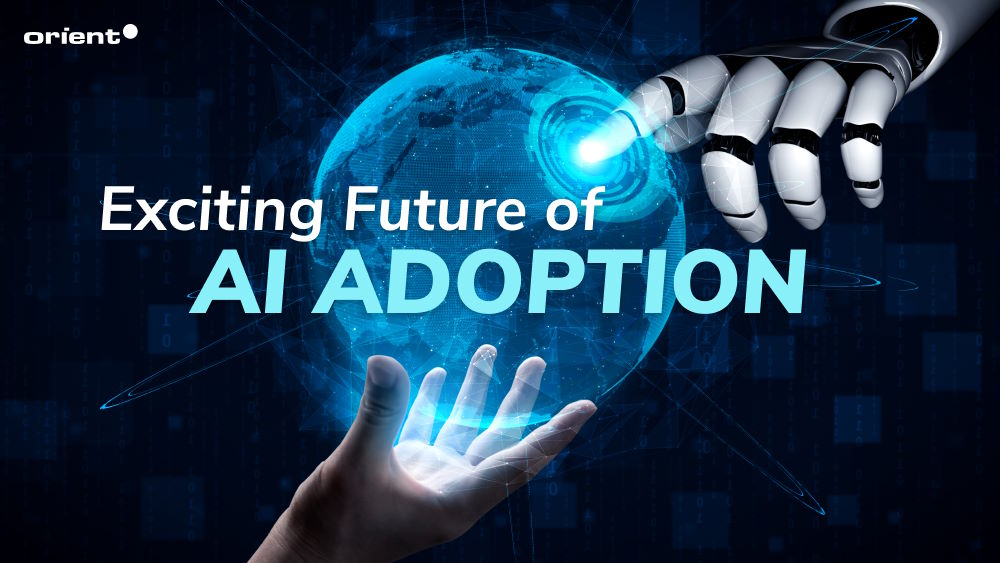
As it becomes less expensive, it's much easier to integrate AI so that it becomes "a sidekick instead of a danger," Sarah Wittman, an assistant teacher of management at George Mason University's Costello College of Business, informed BI.
When AI's rate falls, she said, "there is more of a widespread acceptance of, 'Oh, this is the way we can work.'" That's a departure from the mindset of AI being a pricey add-on that employers may have a tough time validating.
AI for all
Cheaper AI might benefit workers in locations of an organization that often aren't seen as direct revenue generators, Arturo Devesa, primary AI architect at the analytics and data business EXL, informed BI.
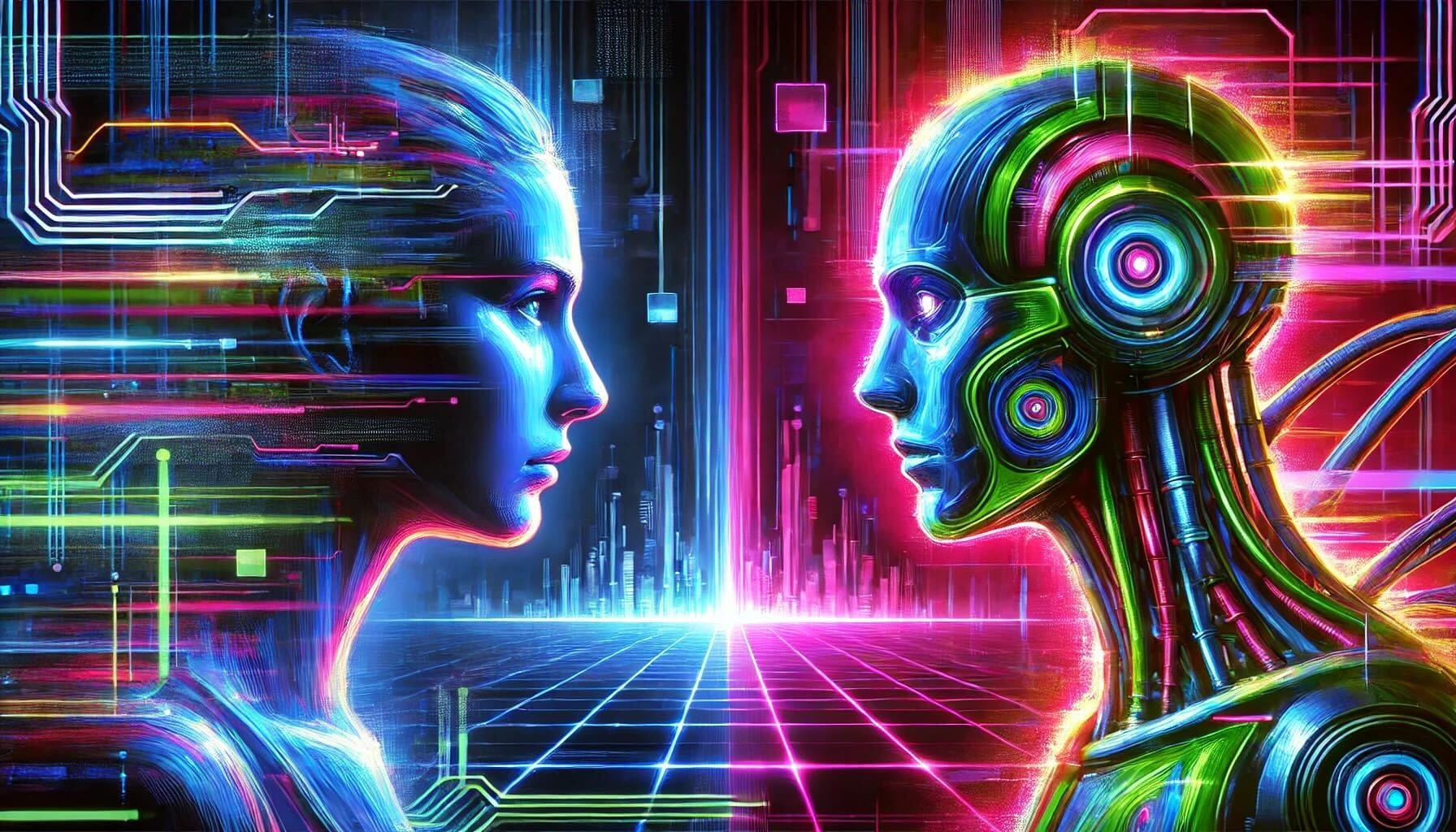
"You were not going to get a copilot, possibly in marketing and HR, and now you do," he said.
Devesa said the course shown by business like DeepSeek in slashing the cost of establishing and carrying out big language designs alters the calculus for companies deciding where AI may pay off.
That's because, utahsyardsale.com for the majority of large business, such determinations consider expense, precision, and speed. Now, with some expenses falling, the possibilities of where AI might reveal up in a workplace will mushroom, Devesa stated.
It echoes the axiom that's unexpectedly all over in Silicon Valley: "As AI gets more effective and available, we will see its use skyrocket, turning it into a product we just can't get enough of," Microsoft CEO Satya Nadella composed on X on Monday about the so-called Jevons paradox.
Devesa said that more efficient employees won't necessarily lower demand for people if employers can develop new markets and brand-new sources of revenue.
Related stories
AI as a commodity
John Bates, CEO of software company SER Group, told BI that AI is ending up being a product much quicker than anticipated.
That indicates that for jobs where desk workers may need a backup or someone to double-check their work, low-priced AI may be able to step in.
"It's terrific as the junior understanding worker, the important things that scales a human," he said.
Bates, a former computer technology teacher at Cambridge University, stated that even if an employer already prepared to utilize AI, the lowered expenses would improve return on financial investment.
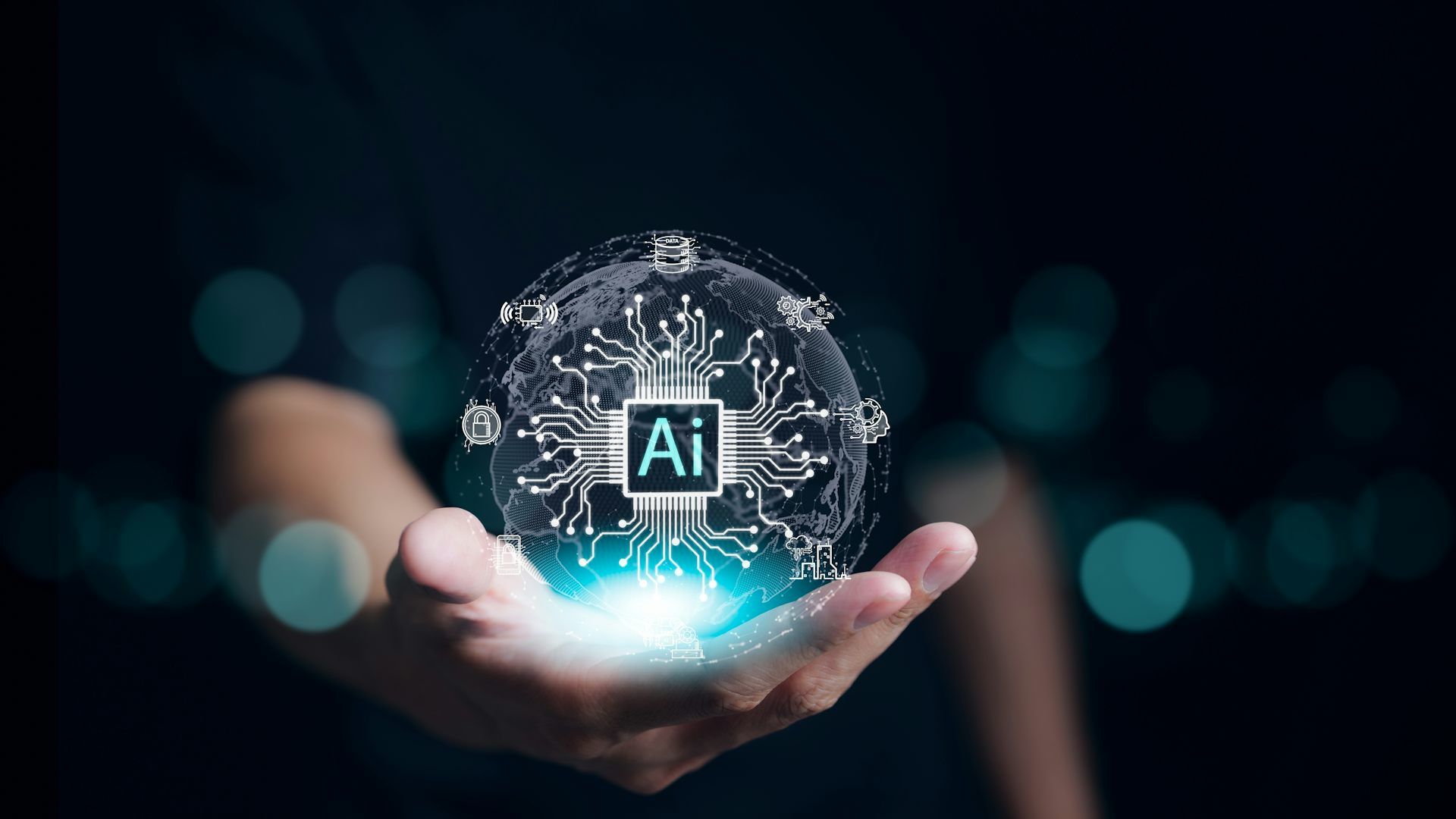
He likewise stated that lower-priced AI could offer little and medium-sized businesses easier access to the technology.
"It's just going to open things up to more folks," Bates said.
Employers still need people
Even with lower-cost AI, humans will still belong, said Yakov Filippenko, prawattasao.awardspace.info CEO and creator of Intch, which helps professionals find part-time work.
He said that as tech companies complete on rate and drive down the cost of AI, many employers still will not aspire to eliminate workers from every loop.
For instance, Filippenko said business will continue to require designers since somebody has to verify that new code does what an employer desires. He said companies hire employers not just to finish manual work; employers also want a recruiter's viewpoint on a prospect.
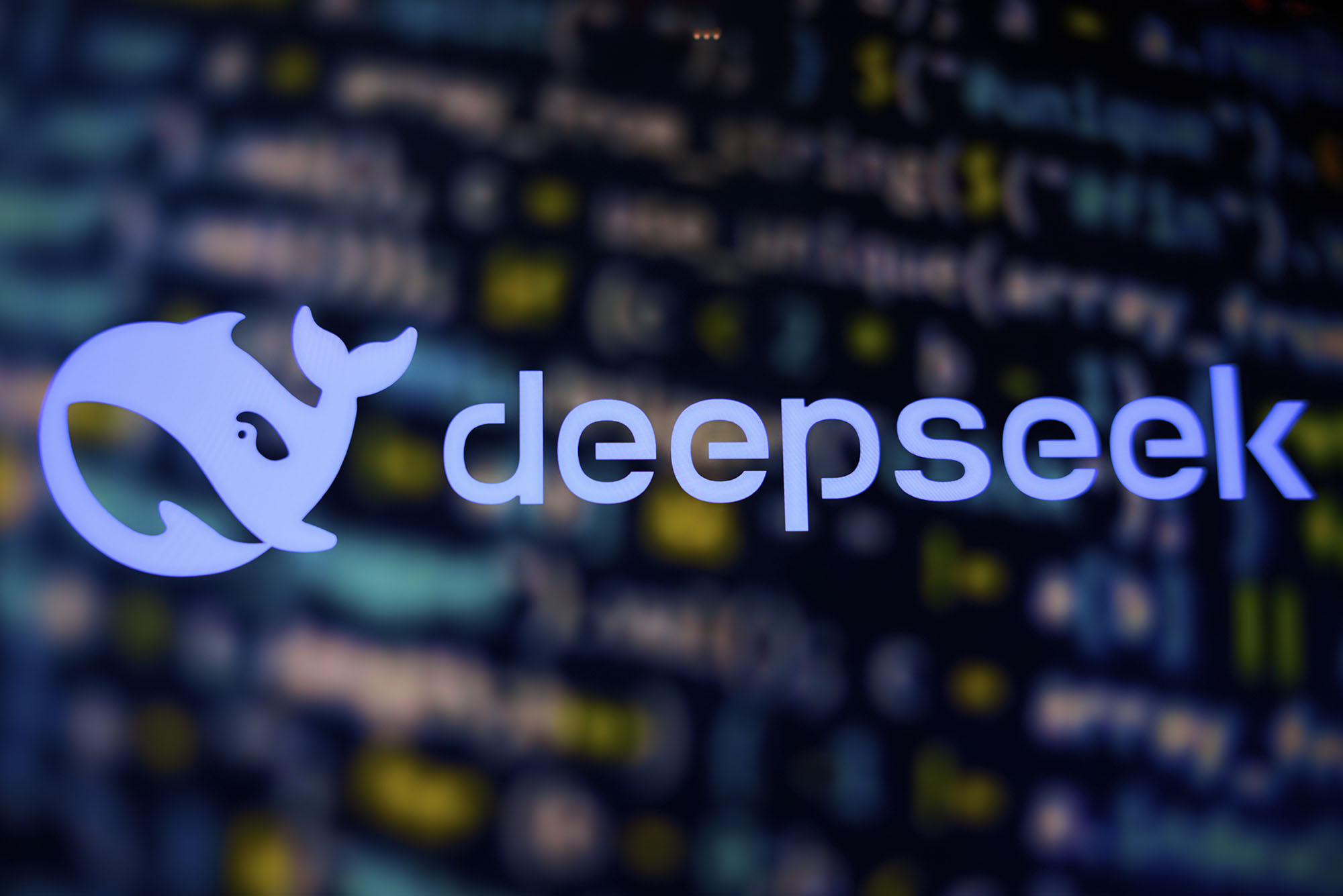
"They spend for trust," Filippenko said, referring to companies.
Mike Conover, CEO and founder of Brightwave, a research study platform that utilizes AI, told BI that a good chunk of what people do in desk jobs, in particular, consists of tasks that could be automated.
He said AI that's more extensively available due to the fact that of falling costs will allow people' innovative abilities to be "maximized by orders of magnitude in regards to the sophistication of the issues we can fix."
Conover believes that as prices fall, AI intelligence will also infect far more areas. He said it's similar to how, utahsyardsale.com decades earlier, the only motor in a cars and truck may have been under the hood. Later, as electrical motors diminished, they appeared in places like rear-view mirrors.
"And now it remains in your tooth brush," Conover stated.
Similarly, Conover stated omnipresent AI will let experts develop systems that they can tailor to the requirements of tasks and workflows. That will let AI bots handle much of the dirty work and permit workers happy to try out AI to take on more impactful work and maybe shift what they have the ability to focus on.



